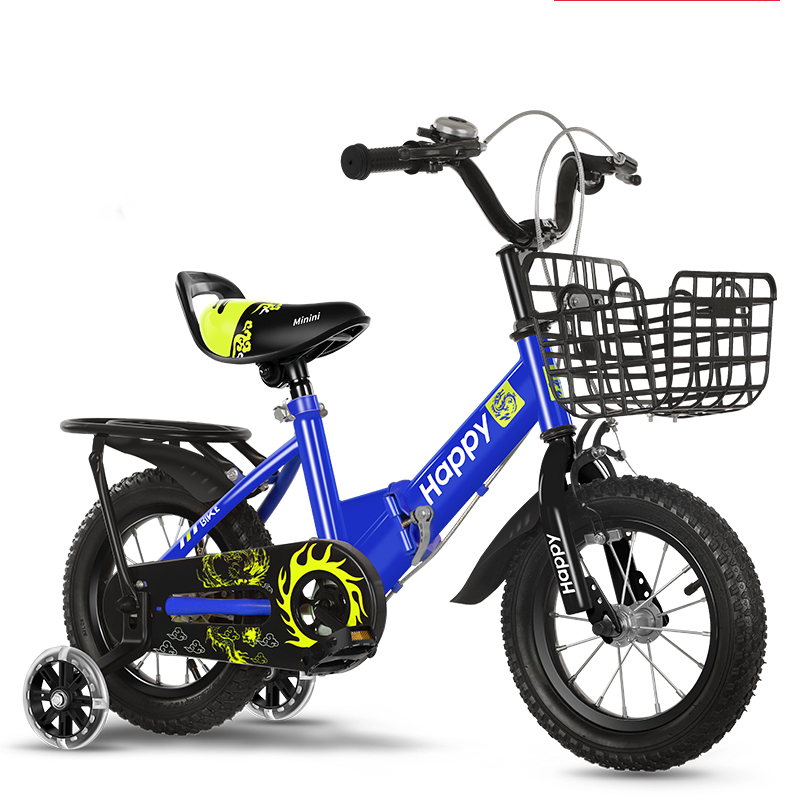9 月 . 04, 2024 17:50 Back to list
High-Quality Kids Bike Supplier | Safe and Fun Bicycles for Children
Finding the Right Kids' Bike Supplier A Guide for Retailers
When it comes to providing a quality selection of children's bicycles, choosing the right supplier is paramount for retailers. Not only does the supplier influence the range and quality of bikes available, but it also affects pricing, delivery times, and overall customer satisfaction. As the demand for kids' bikes continues to grow, especially with parents increasingly recognizing the importance of outdoor activities for their children, making an informed decision about a supplier can set a retailer apart in a competitive market.
Quality and Safety Standards
First and foremost, quality and safety should be the top priorities when selecting a kids' bike supplier. Bikes for children must adhere to safety regulations and standards. Suppliers should be transparent about their manufacturing processes and the materials used. It's essential to verify that the bikes are tested for durability and safety, ensuring that they can withstand the rigors of playful usage. Retailers should seek suppliers who can provide certifications or reports from recognized testing organizations, giving them confidence in the products they are selling.
Range of Styles and Sizes
Children grow quickly, and their needs in terms of bike size, style, and functionality change as they get older. A good supplier will offer a diverse range of bikes suitable for various age groups, from toddlers on balance bikes to older kids on mountain bikes or BMX models. Having an extensive selection allows retailers to cater to a broader customer base, ensuring that parents can find the perfect bike for their child's specific age and skill level. Additionally, paying attention to fashionable designs and colors can attract young riders who are eager to show off their new wheels.
kids bike supplier supplier

Pricing and Payment Terms
The cost is another crucial consideration when choosing a kids' bike supplier. Retailers should look for competitive pricing without compromising on quality. It's wise to compare prices among different suppliers and consider what additional costs might be involved, such as shipping fees or minimum order quantities. Flexible payment terms can also be advantageous, allowing retailers to manage their cash flow better and make larger orders without immediate financial strain.
Customer Support and Warranty
Customer service can make or break a retailer's experience with a supplier. Reliable support is essential for addressing any issues that may arise, whether it's a question about product specifications or a potential warranty claim. A supplier who offers excellent customer service and a solid warranty policy can significantly enhance retailer peace of mind. Additionally, prompt response times and a willingness to help can lead to a long-lasting business relationship.
Conclusion
Choosing the right kids' bike supplier involves careful consideration of various factors, including product quality, range, pricing, and customer support. By doing thorough research and taking the time to evaluate potential suppliers, retailers can establish strong partnerships that not only enhance their product offerings but also ensure the safety and satisfaction of their young customers. As the market for kids' bikes continues to grow, making the right choice in supplier can lead to increased sales and a solid reputation in the community.
-
Children Tricycle Factory Custom Designs & Safety Certified
NewsMay.30,2025
-
Best Scooters for Teens Top-Rated, Safe & Durable Rides for 2023
NewsMay.30,2025
-
Affordable Mini & Baby Bicycle Prices Best Deals & Discounts
NewsMay.29,2025
-
20-Inch Kids Tricycle Adjustable Seat, Safe & Durable Design
NewsMay.29,2025
-
20 Inch Kids Bikes Lightweight, Adjustable & Durable Designs
NewsMay.29,2025
-
Magnesium disc Bicycle wholesale children bicycle wholesale children mountain balance bicycle
NewsMar.07,2025
